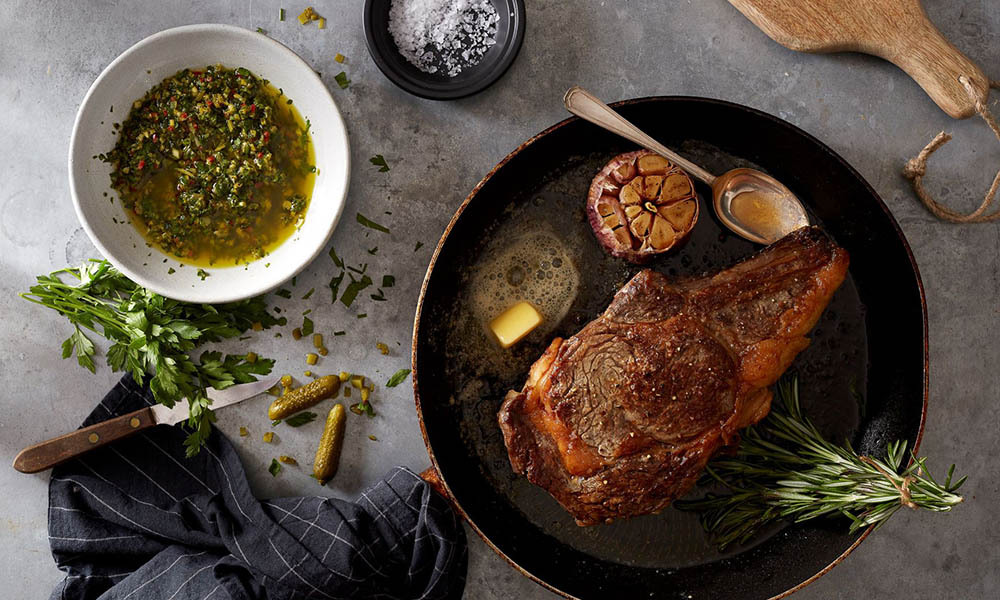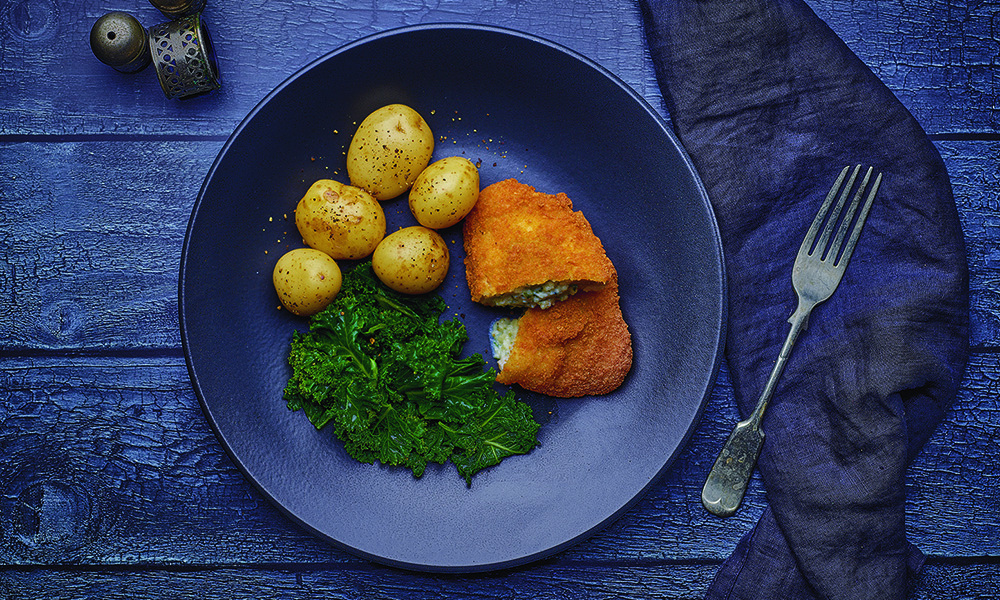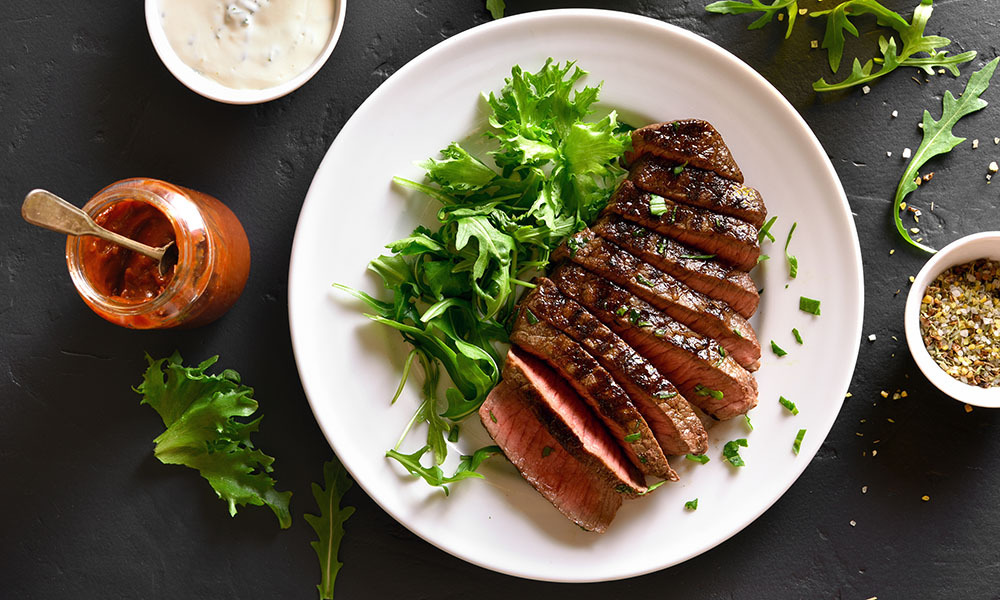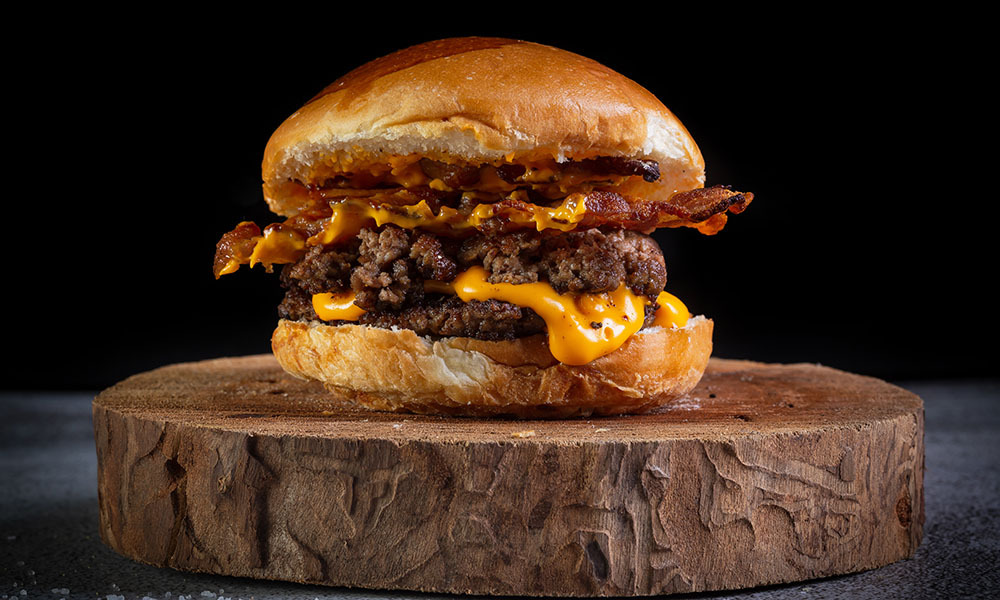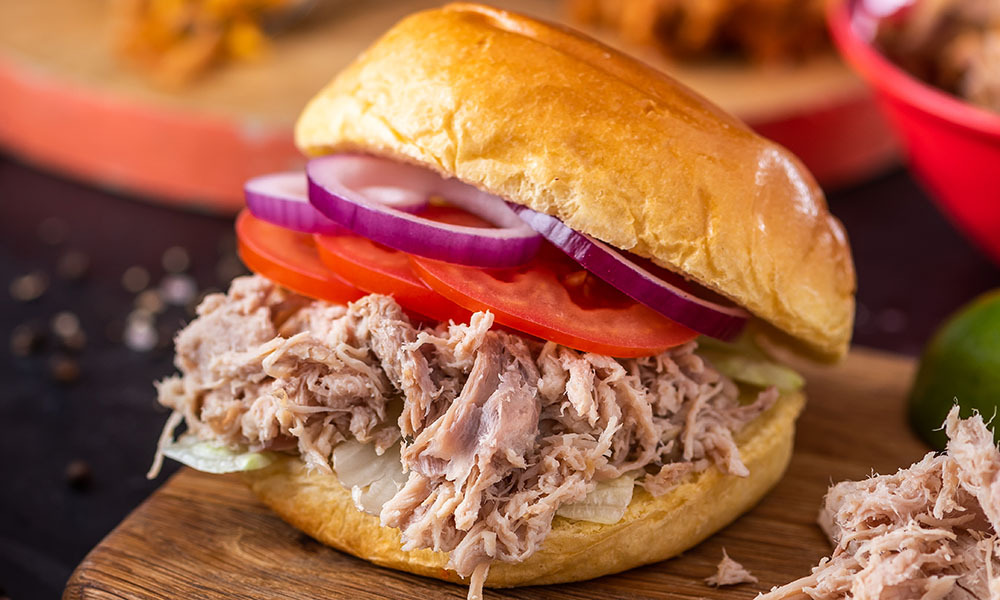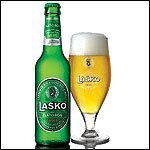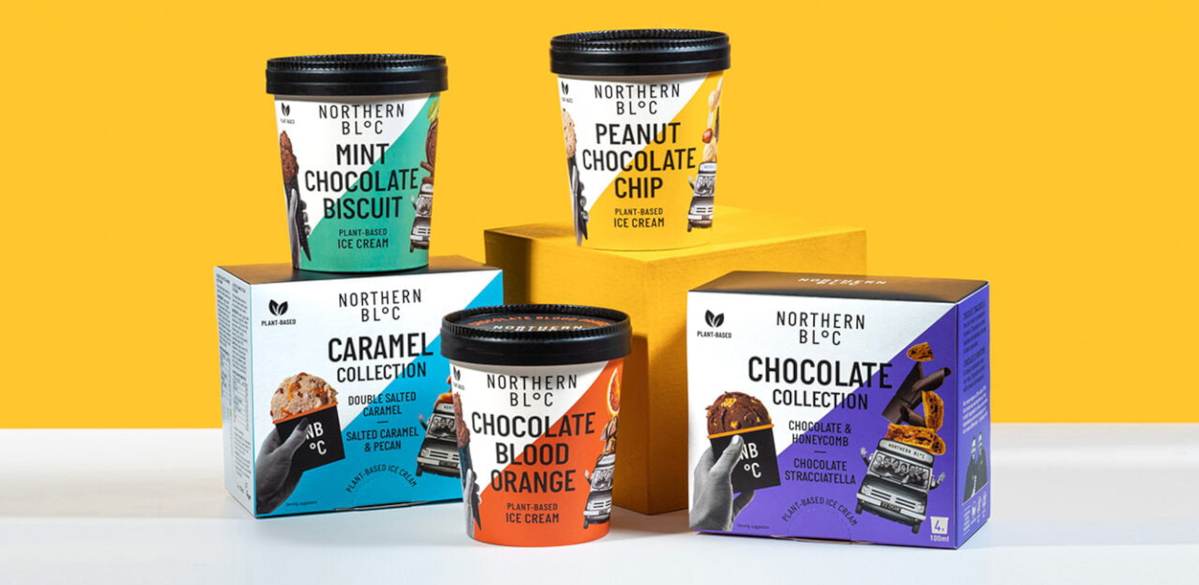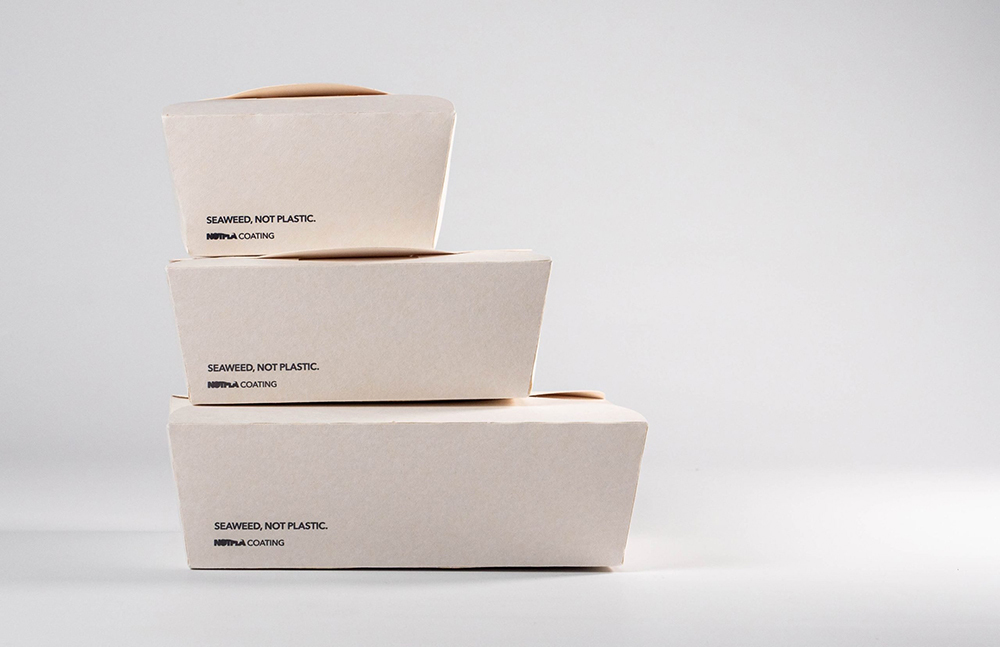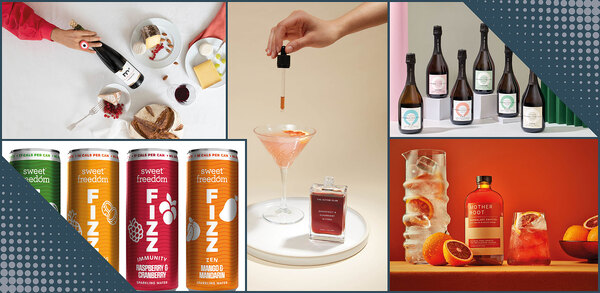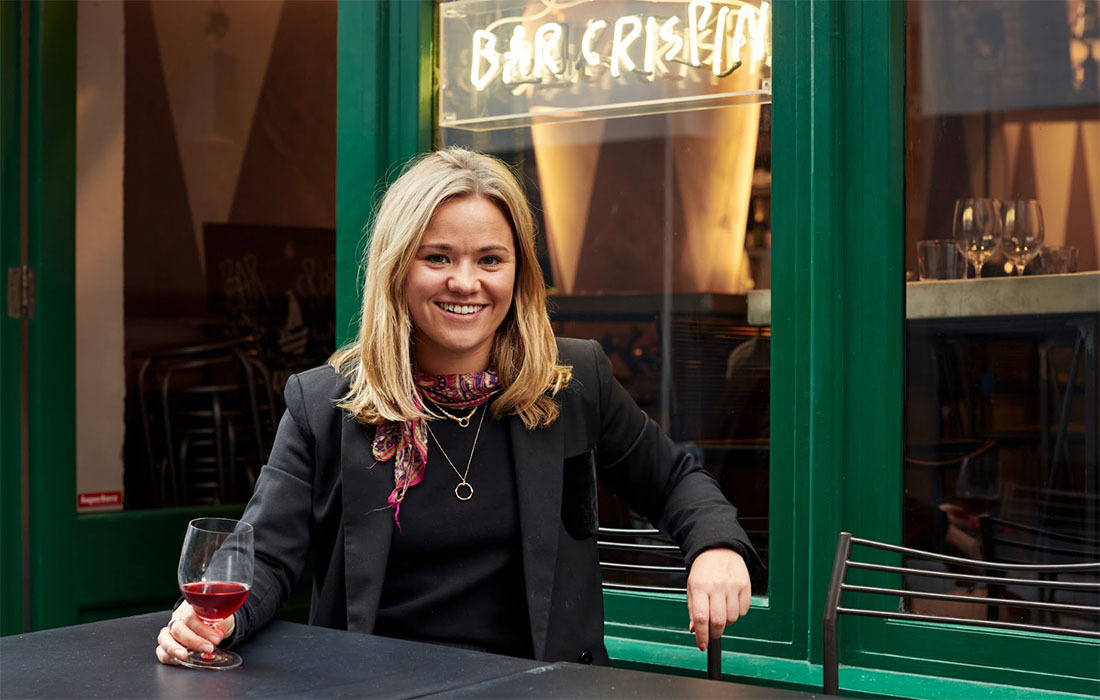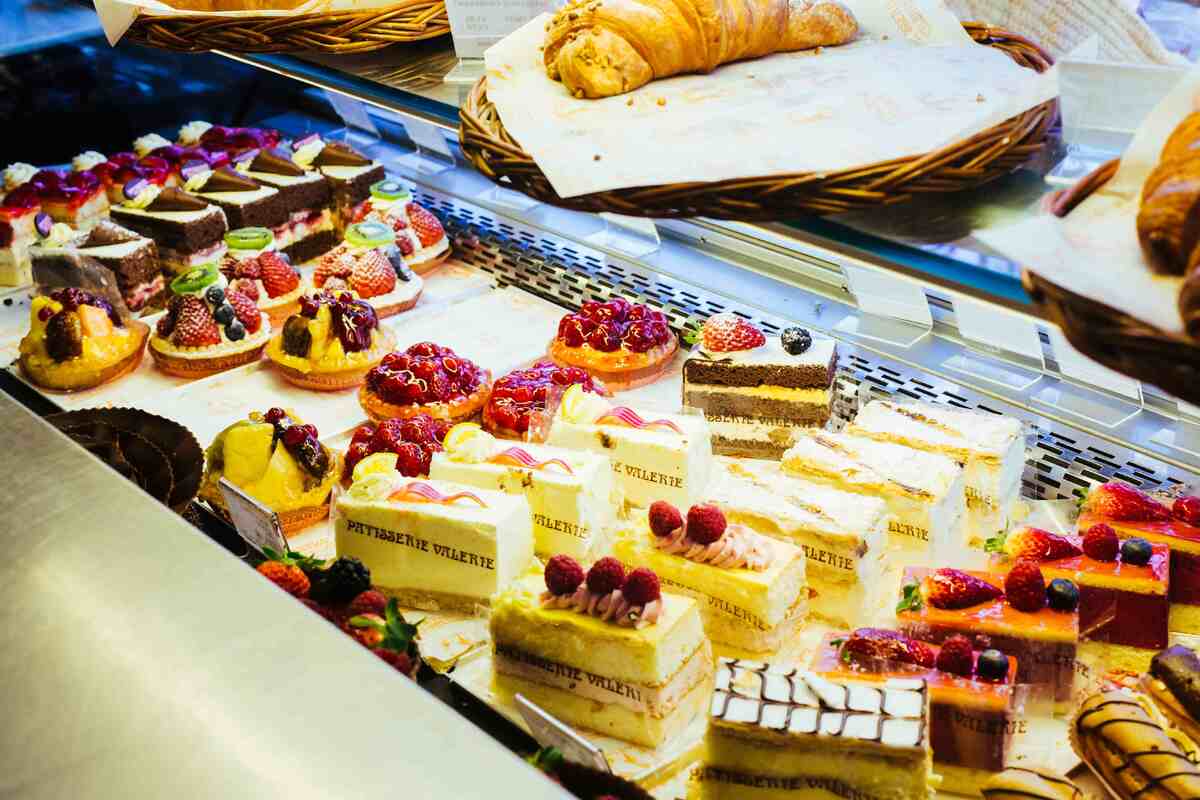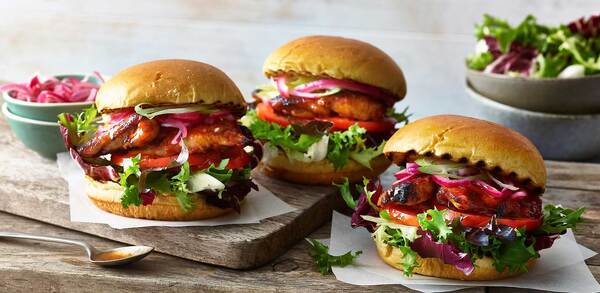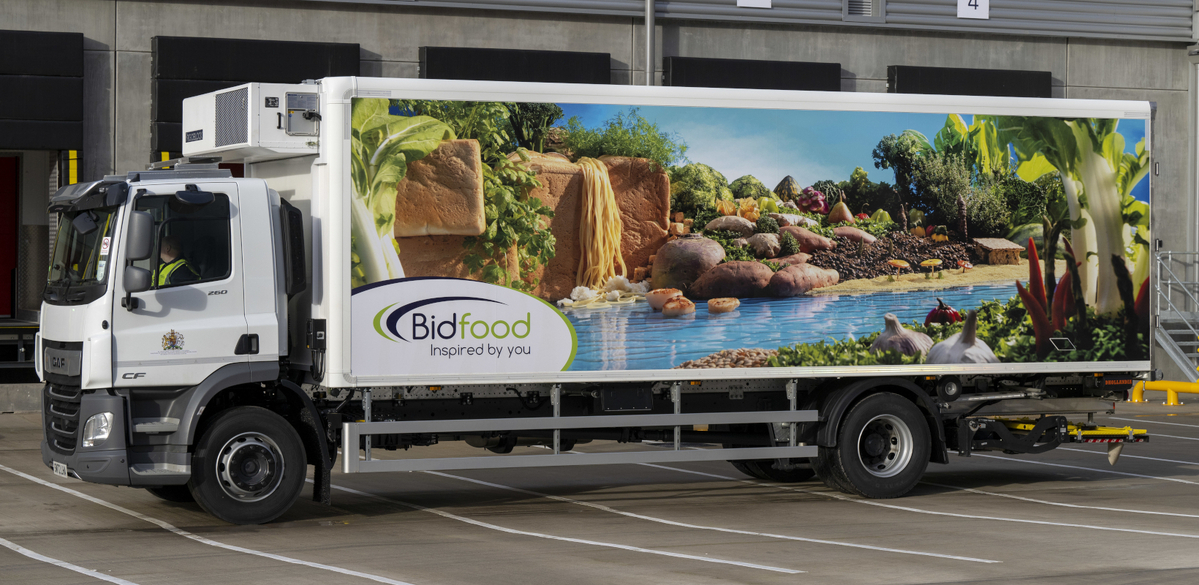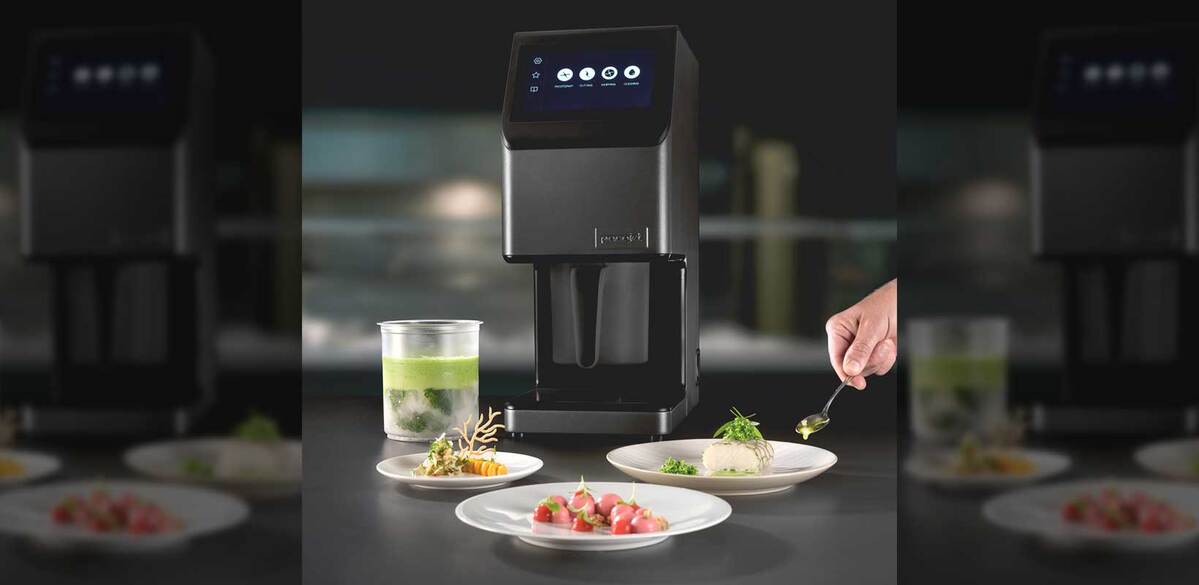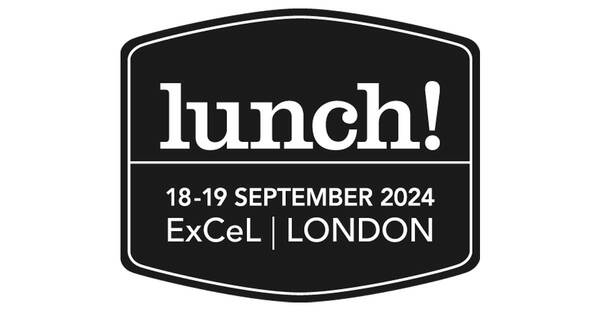Smashburgers and sustainability: Trends in meat and poultry
While meat remains a constant craving for customers, operators are looking for the items that will drive growth
It’s Friday lunchtime at Temper Burger in White City in London, and above a low-key pop soundtrack a genial hubbub reigns. This simply decorated burger joint resounds to the noise of excited chat, peals of cackling laughter, the occasional clatter of cutlery on crockery: the sound of contentment, of a working week coming to a gradual and very convivial close.
This is music to the ears for any operator, but for David Lagonell, chef director at Temper, it’s especially melodious. The restaurant opened just two weeks ago, but it already appears to have won the approval of some key customers – which is perhaps no surprise, when you consider the lunch deal (£10 for burger and fries) represents fairly startling value given the location and the state of the economy.
But, then again, burgers are popular. According to the Agriculture and Horticulture Development Board, demand for beef is expected to rise slightly this year, driven by growing demand for cheaper cuts, such as those used in burgers. Despite the heavy media focus on vegetable-based alternatives in recent years, desire for burgers doesn’t seem to be dropping, and that’s especially true for ‘smashburgers’. These slimmer, crispier burgers are driving growth for smaller operators like Supernova in Soho and Danny’s in Bristol.
And now, perhaps, Temper too. The big question, though, remains about sustainability. Is there an approach to beef that can satisfy customers’ hunger and their increasing desire for food that doesn’t damage the planet?
Lagonell thinks so.
Smokehouse restaurant in White City, London
Looked at from afar, Temper’s White City site is a bit of a head-scratcher. Why would a high-end smokehouse restaurant open a burger place in this neck of the woods? But it makes perfect sense for Lagonell, who says it’s a crucial part of the company’s evolving whole-carcass approach.
“At the moment, we’re buying four cows a week [for the whole operation],” he says. “We have a very good butcher, who works with us five days a week. The cows come in on Tuesday and Friday, but we have a lot of demand for steaks and I would need many more cows to satisfy that. That’s why we are opening this restaurant: to be able to sell those steaks, I also need to sell thousands of burgers, and this restaurant is hopefully the first of many.”
All the meat comes from one farm, Charles Ashbridge (also known as Taste Tradition), which is based near Ripon in North Yorkshire. The burgers are made from a variety of cuts, depending on what’s available that week: neck, brisket or shin, for example. “All of the muscles that are closer to the ground are quite tough, so they either have to be minced or smoked,” he says. “We’re the only, or one of the only, restaurants in London which uses the whole cow, where nothing goes to waste.”
As Lagonell says, this is harder than it might seem. “Historically, the problem is that people have been spoiled,” he says. “They walk into a restaurant and they can get whatever they want, whenever they want. We’ve taken a step back and asked what’s most sustainable. I don’t aim to have the absolute best quality cow, because I know I can’t get that all the time, so we settle for something that is sustainable, that is fair.”
Temper Burger’s menu consists of eight options, taking in the classic (hamburger and cheeseburger, the latter of which is the most popular) and the more experimental: the Big Smoke, for example, includes smoked raclette cheese, chipotle sour cream, kimchi onions, barbecue sauce and sesame seeds alongside the two 60g patties that are included in all the beef burgers (there’s a cracked wheat patty for vegetarians). A production kitchen at the back at Temper’s City site is where all the sauces are made.
It’s this approach – the size of the patties, the fact that the sauces are made centrally and are also used in the dishes at the smokehouse restaurants – that allows prices to be low, Lagonell believes. “Given the quality of the food and what we sell it for, I don’t think there’s anywhere else that compares,” he says. “It’s exactly the same cows as our steak and all the sauces are freshly made.”
White City has not been chosen by accident. For Lagonell, there’s a confluence of customers here that makes it appealing: not only office workers, but event-goers (“We catered for 1,000 people a few weeks ago; massive pressure, but it’s a good way to prove ourselves”), locals, and fans of Queens Park Rangers, whose ground is a stone’s throw away.
“Today is Queens Park Rangers’ last game of the season,” he says. “We set up a stall with special prices on beer and food. We want to introduce ourselves and give them what makes them happy. Burgers and beer? It’s all you need on the way to a football match!”
Sustainability in the meat industry
Britain’s beef market is an increasingly competitive place, in terms of options but also sustainability. The much-heralded arrival of Aussie beef last year was accompanied by repeated reassurances about sustainable
practices Down Under, and their rivals from across the Tasman Sea are equally keen to press their environmental credentials.
“New Zealand Alliance beef and lamb presents operators with a sustainable, low-carbon option that is high quality and full of flavour,” says Helen Scott, regional general manager at the New Zealand-based Alliance Farmers’ Produce. “As a key producer of prime pasture-fed beef, our farming methods in New Zealand are quite different to the intensive high-impact systems often used around the world.
“Following the Free Trade Agreement implemented in May of last year, operators can offer a point of difference on their menus and feature acclaimed products, thanks to the consistent, premium quality and the compelling sustainability story centred around low-intervention, natural farming methods. All while taking advantage of tariff-free imports.”
British consumers trust Irish meat, according to Sean Deane, meat specialist at Bord Bia. “Irish Beef is naturally high in protein and vitamin B12, and Irish beef farms undergo rigorous independently-verified sustainability assessments as part of Bord Bia’s Sustainable Beef and Lamb Assurance Scheme (SBLAS),” he says. “And most importantly of all, UK consumers place a very high trust in Irish beef’s quality and consistency, with two in three UK shoppers claiming they would consider purchasing beef of Irish origin in the future.”
Chicken is Britain’s favourite meat
Burgers may be popular, but chicken remains Britain’s meat of choice – and choice is an apt word. There are more options than ever. Take Central Food’s gluten-free chicken Kyiv, for example, which has recently been reintroduced. “With the continued growth in demand for gluten-free options we just had to bring back our popular Golden Valley Foods gluten-free chicken Kyiv,” said Central Foods managing director Gordon Lauder.
The new gluten-free chicken Kyivs join other gluten-free options in the Golden Valley Foods range, such as breaded chicken chunks, breaded chicken goujons and southern fried chicken goujons. “Not only are the Kyivs great for serving to coeliac customers and those who avoid gluten, they can also be served to anyone who just enjoys a tasty chicken Kyiv,” adds Lauder. “Made from succulent, whole breast meat with a creamy garlic and parsley filling, our gluten-free chicken Kyiv is a classic dish loved by many – and it taps into the retro and nostalgia trend that is influencing menus. They are packed in small case sizes of just 10, providing lower up-front costs and less storage space.”
Environmental concerns offer a compelling reason to choose Funnybones’ frozen meat products, according to development chef Tom Styman-Heighton. “It’s no secret that the meat industry produces a large carbon footprint,” he says. “As a first step, operators could look at ways to reduce their food miles by ordering in bulk. Expiry dates of fresh products such as meat and poultry can pose an issue with this tactic, so to overcome this issue operators should prioritise frozen goods. Funnybones’ range of pulled meats require a matter of hours to defrost and can be used across a multitude of dishes for maximum versatility.”
Customer safety is, of course, a key question – and an issue back in the world of smashburgers, according to Jason Webb, managing director at Electronic Temperature Instruments, a manufacturer and supplier of digital food thermometers and temperature probes for the catering industry.
“[People often say] that burgers should be served medium rare,” he says. “With the boom in popularity of the smashed patty burger style, there are questions about the food safety aspect of serving the burger at this temperature. The hard and fast answer to the debate is that it is not completely safe to serve. The safe burger temperature in the UK is 70°C for two minutes or equivalent.”
Lagonell doesn’t need any lessons about beef, of course, and he’s keeping his feet on the ground when it comes to Temper Burger. Will there be more? “It’s easy to get excited, but then reality hits,” he says. “Let’s do this one first and see how it goes. If another opportunity arises, I’m sure we’re going to take it.”
Suppliers
Alliance Farmers’ Produce
www.alliance.co.nz
Aussie Beef and Lamb
www.aussiebeefandlamb.co.uk
Bord Bia
www.bordbia.ie
Central Foods
centralfoods.co.uk
Charles Ashbridge
tastetradition.co.uk
Electronic Temperature Instruments
thermometer.co.uk
Funnybones Foodservice
funnybones.co.uk



